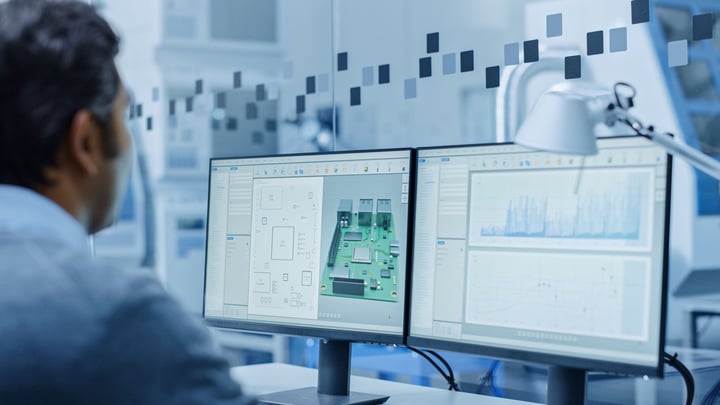IPC Knows It All

About the importance of addressing critical industry skills gaps with electronics workforce training, IPC knows it all. Our commitment at IPC is to help the world build electronics better, and a core component of that promise is education. In this article, we will review how IPC certification and workforce training programs work to fulfill the pressing educational needs of the electronics industry.
Over the last three decades, IPC standards and certification programs have played a critical role in protecting public safety and promoting excellence by ensuring the quality, reliability, and consistency of electronic products. In 2019, IPC worked with its global network of certification centers to certify over 108,000 individuals across 200 countries and 21 languages to seven IPC standards. The ubiquitous adoption of these programs speaks to the strong partnership forged between IPC and the electronics industry.
Just like certification, training has always been an indispensable part of doing business, and rarely has it been more so than the present. The rapid pace of technological innovation and new ways of working require skills that most potential employees simply do not have. In fact, a recent report by Deloitte revealed that the skills gap—the difference between the skills that employers need and those that are available from workers looking for a job—may leave an estimated 2.4 million US-based manufacturing jobs unfilled between 2018 and 2028. The resulting loss in productivity, revenue, and missed opportunities for expansion could cost as much as $2.5 trillion.
While the IPC certification programs serve a critical role in ensuring that our workforce is knowledgeable about IPC standards and their requirements, the industry has been clear that they are only part of the solution. In recent years IPC interviewed over a thousand industry members across the globe to better understand their training needs. The results of this study, as well as subsequent interviews with both IPC members and non-members, led to the development of the IPC Electronics Workforce Training Initiative. In 2018 IPC signed the Pledge to America and committed to deploying this initiative in combination with its certification programs to train one million workers in the electronics industry over a five-year period.

The IPC Electronics Workforce Training Initiative
The goal of the IPC Electronics Workforce Training initiative is to provide easy-to-implement, cost-effective, and efficient training programs that teach the knowledge and skills needed to perform specific job functions to industry defined levels of proficiency. Each of our Workforce Development Programs is built through a partnership with the industry. We routinely speak with dozens of industry members around the world about the issues they face. If training is identified as a solution, a volunteer group of industry subject matter experts work with IPC learning professionals to design and develop materials and courses that meet these specifically defined needs. Finally, we test the resulting educational solution in real-life settings and make any required changes before making it available to the wider public. The IPC EDGE online education platform allows anyone, anywhere, to access this content at any time.
The IPC Electronics Workforce Training initiative adheres to three core principles: Training solutions must address real world skills gaps, be developed through industry partnerships, and provide for flexible implementation. We have begun by addressing critical skills gaps that industry members are experiencing with new operators and PCB designers.
In our next article we will talk about the IPC EDGE digital learning platform, as well as the features and differences between our core courses: Electronic Assembly for Operators (EAO), Wire Harness Assembly for Operators (WHO) and PCB Design.
To stay up to date on the latest news about the IPC Electronics Workforce Training Initiative, or to learn about the current programs, visit https://www.ipc.org/education-main-page

